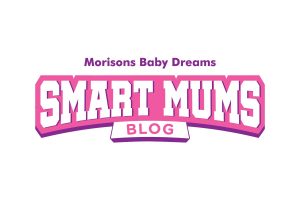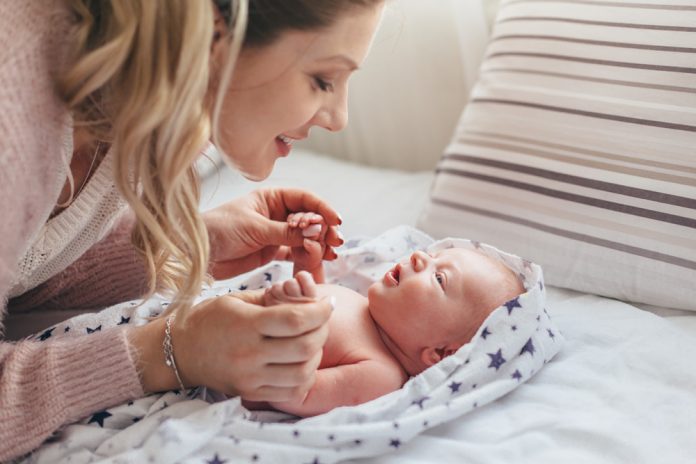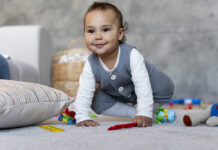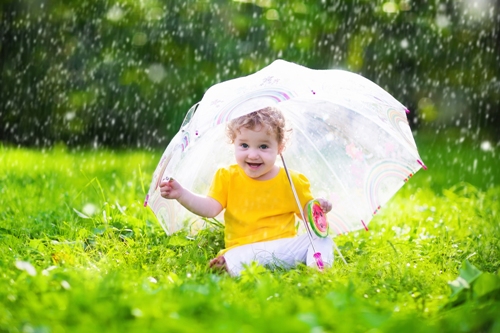This post is also available in: English हिन्दी (Hindi) বাংলা (Bengali)
Before your baby starts understanding what you are saying, you need to start understanding what your baby is saying. As a mother of course, you have an advantage since you are your baby’s first audience. And also his first teacher. Think of this blog as a sort of signpost that’ll guide you and hopefully help you while you try to decode your baby’s gaga goo goos. (Yes, before Lady Gaga, we had Baby Gaga). So let’s start at the beginning … a very good place to start.
1-3 months

During this stage, your baby is all ears. Loud sounds might scare her but she will love to hear your soothing voice. So don’t think twice before indulging in some baby talk (even when you are in public). By the time your baby is 3 months old, she too will regularly produce cooing and gurgling sounds. Babies produce their first non-crying sounds by using their tongues, lips and palates and any teeth that might have already emerged.
It is also advisable to start reading to babies at this age as this accelerates the development of their brains. You can also create a happy zone around them to keep them smiling with the help of soothing music. PS. Don’t be surprised if the baby starts to shake a leg on recognizing a song.
4-7 months

Babies will now know that their baby talk is having an impact on their moms. They will expect you to respond to their blabber. They will start to experiment with more sounds and intonations. Their lower pitch will increase as they babble. This is also the time to show your baby as many objects as you can and identify them by name. For example, everytime you use a cup, hold it in front of your baby and clearly announce that it is a cup. Do this regularly and your baby will soon start recognizing it on the basis of the sound and will have a picture in his mind. PS. Always pause after using short words while talking to your baby. This gives him the time to absorb the information you have just given.
8-12 months

During these four months, your baby will be constantly brimming with bits and pieces of half-formed words. And mobile phones on the ready, we are sure both parents will be waiting to find out what baby’s first word will be: ‘mama’ or ‘dada’? Honestly, whatever his first word turns out to be, it’s a win-win situation for both the parents, (even though only one of you will end up with the bragging rights). You will now also notice your baby pointing at things he wants and reacting to your commands like ‘no’ and ‘yes’. He will also smile ear to ear on hearing his name.
Experts who have studied various baby sounds over the years have actually been able to connect the dots between certain sounds and what they convey:
- Owh- I’m sleepy
- Heh- Change my diaper or uncomfortable
- Eh – Burp me
- Neh- I’m hungry
- Eairh- I have gas
And remember when you take your baby for routine checkups always get his speech evaluated by your pediatrician.
PS.We would love to know your baby’s favourite word or gesture and what you think it means. Do write in to us in the comment section below.
This post is also available in: English हिन्दी (Hindi) বাংলা (Bengali)










